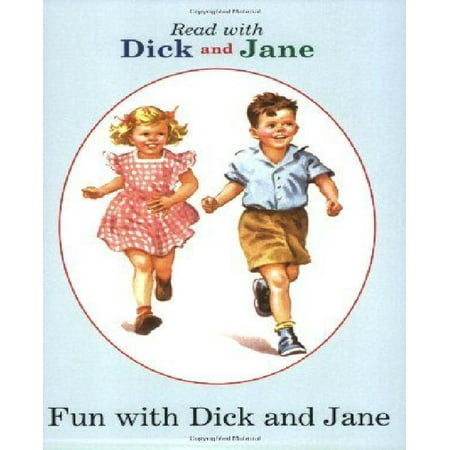Cliches often annoy me. They spread through the media like viruses. A few that are pandemic currently:
Not on my bingo card
Obviously
Is no exception
Spoiled for choice
, Indeed.
Again,
To be honest,
I’ve got to be honest
Awesome
So,
The modern style condemns cliché. George Orwell’s first rule for better writing is “Never use a metaphor, simile, or other figure of speech which you are used to seeing in print.”
I generally agree, and watch out for this in my own writing. Surely every journalist is taught not to use them. But these things spread due to laziness and haste. It is always easier to use a canned phrase than one you have invented on your own. And the need for speed in journalism makes them especially tempting.
However, Orwell’s rule can also be misapplied. He is primarily a journalist, and he is thinking of news and opinion writing. Different forms of writing follow different rules.
Fairy tales, for example, are all cliché, all the time. And I love them. The fantasy genre deeply offends me exactly because it tinkers with the conventions, and introduces novelties. Friendly trolls? Misunderstood witches? Balrogs? No, it is essential to fairyland that everything there is eternal, unchanging, and follows strict rules. This is Tir na Nog.
The Western is another such genre. I once compiled for classes the opening scenes of a variety of famous Western films, to make the point. They all began with the vista of a large empty landscape. Then you see a single rider approach a farm or settlement.
And, of course, they all end with that single rider disappearing into the sunset.
Similarly, I once found a very good summary of the necessary elements of the Blues—another such conservative form. As is folk music; full of timeless conventions.
The beauty of these forms is their sense of eternity. Reading them, you are back in the familiar land of your imagination.
Nor is a stock phrase even necessarily a fault in a news story. Orwell’s description fits any idiom, and idioms are a valuable level of language. They make discourse both more colourful and more friendly, as author and reader have a sense of shared knowledge and camaraderie. “He hit that one out of the ballpark.” “Blair was put on his back foot.” They are often bits of preserved wisdom and culture, worth passing on.
The real problem, and what grates in the examples above, is when a phrase starts being leaned on when it is not appropriate to the message. This degrades the language, our ability to communicate, and the culture.
“Literally” is now almost always used to mean “metaphorically.”
“Not on my bingo card” is now a tiresomely cute way to express surprise. And it does not make sense as an expression of surprise. One is probably more surprised when a number is on one’s bingo card. It would make more sense as an expression of disappointment.
“Obviously,” especially in British English, is generally used when one is about to say something highly debatable. In other words, far from obvious.
“Is no exception” is often used in UK promotional bumpf as well as journalism. It may well be true, but it violates the basic principle of either advertising or news: that you write about the exception, not about what everybody already knows.
“Spoiled for choice” is another dead phrase commonly dropped into advertising copy, or travel writing. “Whether you like X or Y,” “Whether your interests range to V or Z.” are like. These phrases are applied to every destination, every shopping place, and are always more or less true. The immediate message to the reader is actually that this place offers nothing special or unique--only the choices you can get anywhere. Which is the opposite of what they mean to say.
Ending a sentence with “Indeed” is a common British verbal tic. “You are very welcome indeed.” The impression left by that extra word is that the speaker had to think twice about whether the listener really was welcome.
“Again,” to begin a sentence, is almost always used when the speaker has not actually said the thing previously. Or anything much like it.
“To be honest” or “I’ve got to be honest with you” or “To be completely honest” is a red flag that the next thing said will be a lie. If not, it is an open admission that the speaker is usually a lying when he speaks.
“Awesome” is now used as a consolation prize for anything underwhelming.
“So,” is a common verbal tic among press agent types and politicians to preface any response to a question. It implies that what it then said logically follows, and is usually used precisely because the answer they are about to give does not answer the question.
You no doubt have your own list of pet hates.














